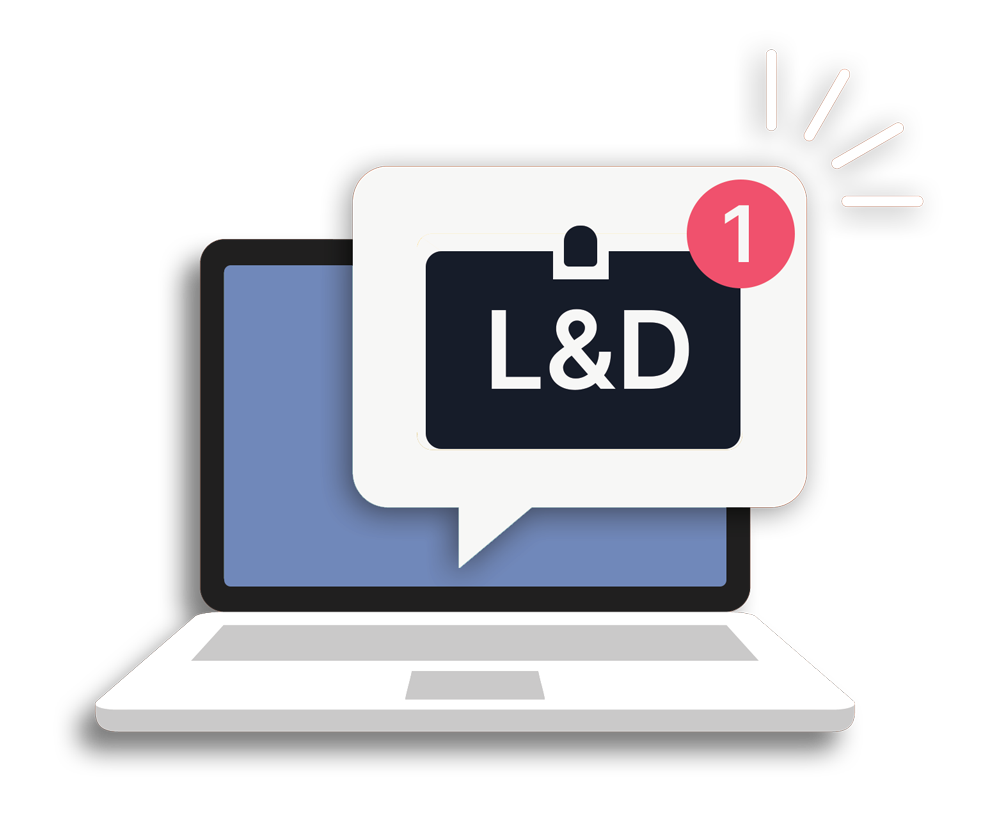What is a Training Content Evaluation?
Training content evaluation is a systematic process used to assess the quality, effectiveness, and relevance of educational materials. For health professionals and allied health staff, it ensures that the course content aligns with the learning objectives, health conditions covered, and the intricacies of the Australian health system. This process is vital to ensure that staff learning leads to meaningful improvements in practice and patient care.
Examples of Training Content Evaluation
Evaluation might include reviewing the accuracy of health information presented, the qualifications of subject matter experts, and the integration of up-to-date health records and public health data. Feedback from health practitioners and outcome assessments of previous training sessions also play a crucial role.
- Review of Educational Accuracy: Examining the course content to ensure that it reflects the most current and accurate health information, aligning with latest public health guidelines and research.
- Content Integrity: Verify that the subject matter experts who develop and deliver the content possess the appropriate qualifications and training necessary for effective training
- Prioritise Employee Satsfaction: When employees feel that the training they've received is relevant, engaging, and beneficial to their job roles, it generally leads to higher job satisfaction, improved morale, and increased motivation
- Feedback Analysis: Collecting and analysing feedback from previous participants to identify strengths and areas for improvement in the training content.
- Outcome Assessments: Measuring the learning outcomes and practical application of the training in real-world settings to assess its effectiveness.
- Efficient Learning management system: Learning Management System, is a software application or web-based technology designed to plan, execute, and assess a specific learning process.
What is Training Content Selection?
Training content selection involves choosing educational materials that best fit the learning needs of an organisation's workforce. It includes filtering and selecting content based on predefined criteria such as relevance to primary care and allied health, suitability for the target audience, and compliance with the latest health services guidelines and health insurance policies.
How do I Evaluate and Select Content to Ensure it is High-Quality? (Steps)
The following guide is designed for learning and development managers who are responsible for managing budgets within the healthcare sector, focusing particularly on how these budgets can be aligned with business strategy and Australian health system standards.
Guide+Image+6234.png)
Steps for Evaluating and Selecting Training Content:
- Define clear learning objectives
- Assess the source
- Consult subject matter experts
- Review learning outcomes
- Quality of presentation
- Compliance
- Feedback and improvements
Your Checklist for Evaluating and Selecting High-Quality Training Content
Guide+Image+6235.png)
- Alignment with learning objectives and health system requirements
- Accuracy and relevance of health information
- Accessibility and user-friendly content
- Cost-effectiveness and integration with existing learning management systems
- Opportunities for practical application and feedback
Related Resources
- How Do I Design Inclusive Learning Programs?
- How Can I Use Peer Feedback to Enhance Learning?
- How Can I Use Data to Personalise Learning Experiences?
- How Do I Design Inclusive Learning Programs?
- What Are the Benefits of Blended Learning in Healthcare?
- How Can I Implement Self-Directed Learning Strategies?
- How to Create Learning Journeys in Healthcare
- A Guide to Personalised Learning in Healthcare
- A Guide to Self-Directed Learning
Conclusion
By following a thorough evaluation and selection process, managers can ensure that their educational programs are effective, efficient, and aligned with the needs of their health practitioners. This not only enhances the learning outcomes but also optimises the overall health services offered to the community.


